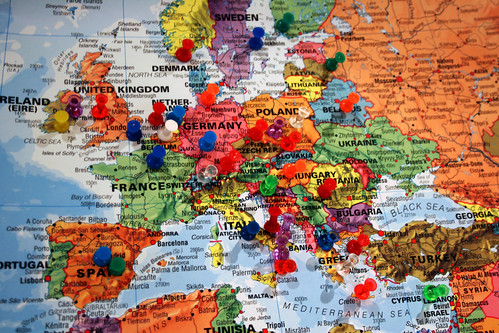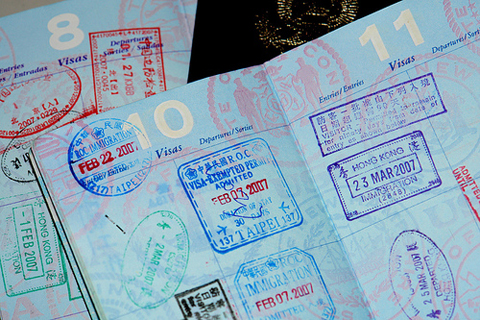
Political heavyweights such as David Cameron and Angela Merkel have recently proclaimed that multiculturalism has failed, underlining the tension between the securitisation of migration and the on-going need for integration, or the incorporation of minorities into society. European Multiculturalisms: Cultural, Religious and Ethnic Challenges offers an assessment of the different ways in which European countries have dealt with diversity. Multiculturalism is one such ‘mode of integration’ that recognises that ‘social existence consists of individuals and groups, and that both need to be provided for in the formal and informal distribution of powers’ (p. 4). While the presumed crisis of multiculturalism has given it an air of obsoleteness, the authors argue that in fact, multiculturalism remains the best way to conceptualise citizenship in the globalised and diverse societies of Europe.
The book presents findings from a large international research project (EMILIE) and consists of two parts that reflect the twofold aims of this interdisciplinary study: the first part contains theoretical and conceptual reflections and refinements; and the second part focuses on the empirical and comparative exploration of the political responses developed during the alleged crisis of multiculturalism in seven case studies: five in Northern Europe, where immigration has been on the political agenda for some time now (Belgium, the UK, Denmark, France and Germany); and two in Southern Europe, where immigration has become an issue only relatively recently (Spain and Greece). Two countries in Central Eastern Europe, which face emigration rather than immigration, are also sometimes referred to (Poland and Latvia). Together, they help to both grasp and evaluate recent developments in the accommodation of minorities, and particularly Muslims, and contribute to our understanding of the ‘crisis of multiculturalism’ as well as the variety of multiculturalisms present in Europe.


